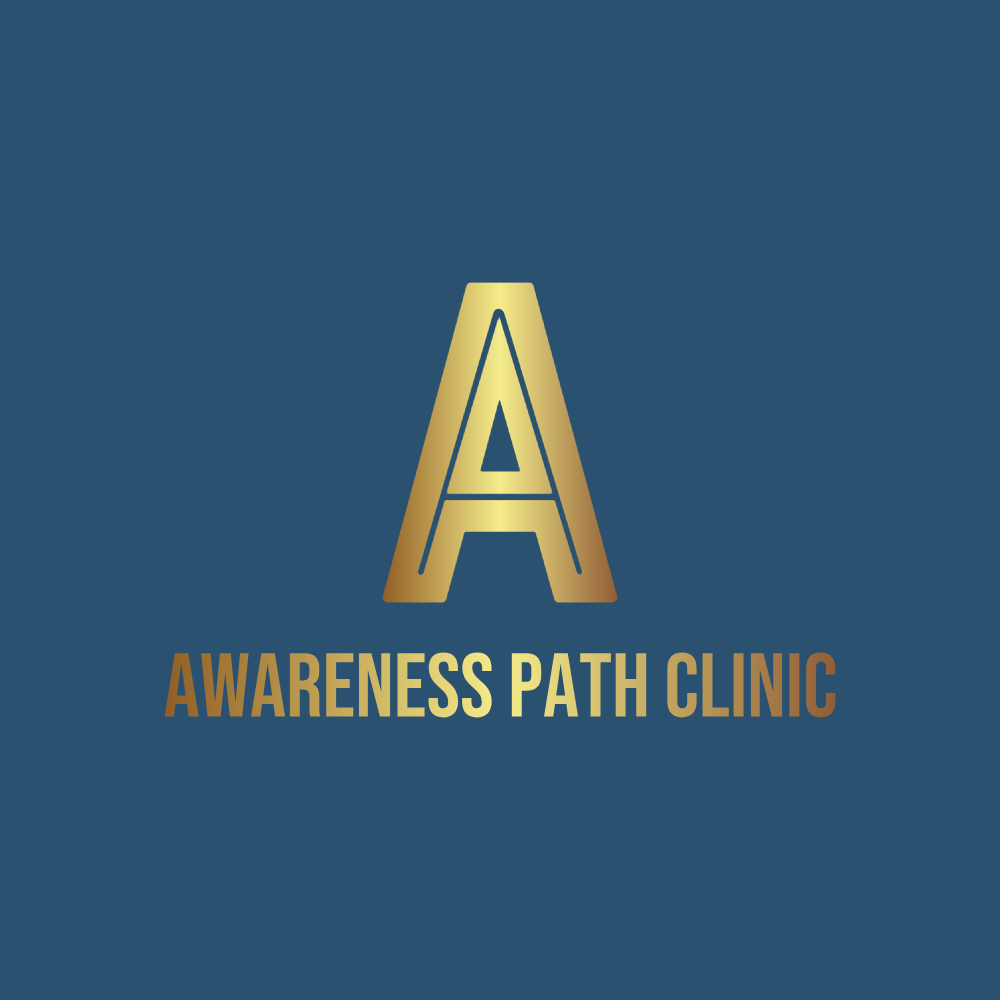Understanding Psychiatry and the Difference Between Psychiatry and Psychology
Mental health plays a crucial role in our overall well-being, and seeking professional help is an essential step for many individuals facing emotional, behavioral, or psychological challenges. Two key fields in mental healthcare are psychiatry and psychology. While they share similarities, they differ significantly in their approach, training, and treatment methods.
What is Psychiatry?
Psychiatry is a branch of medicine focused on the diagnosis, treatment, and prevention of mental, emotional, and behavioral disorders. Psychiatrists are medical doctors (MDs or DOs) who have completed medical school and specialized training in psychiatry. This medical background allows them to understand the complex relationship between mental health, physical health, and brain function.
Psychiatrists offer treatments such as:
• Medication Management
• Psychotherapy (Talk Therapy)
• Brain Stimulation Therapies like rTMS and ECT
What is Psychology?
Psychology is the scientific study of the mind and behavior. Psychologists hold advanced degrees, typically a Master’s or Doctorate (Ph.D. or Psy.D.), but they are not medical doctors and cannot prescribe medication (except in some regions with additional training). Psychologists use techniques like:
• Psychotherapy (e.g., CBT, DBT)
• Psychological Testing and Assessments
• Behavioral Interventions
Key Differences Between Psychiatry and Psychology
| Aspect | Psychiatry | Psychology |
| Education | Medical degree + psychiatry residency | Graduate degree (Ph.D./Psy.D.) |
| Medication | Can prescribe medication | Cannot prescribe (except in some areas) |
| Approach | Biological and medical model | Psychological and behavioral model |
| Treatment Focus | Severe and complex mental health issues | Behavioral, emotional, and cognitive concerns |
| Treatments Offered | Medications, psychotherapy, brain stimulation | Psychotherapy, psychological testing |
Which One Should You See?
The decision depends on your specific needs and symptoms. If you suspect a biological component to your mental health (e.g., severe depression, psychosis, or mood instability), consulting a psychiatrist might be more appropriate. If you’re dealing with emotional, behavioral, or relational challenges, a psychologist may be a better fit.
At Awareness Path Clinic, we recognize the importance of both fields and adopt a holistic approach to mental health care. We collaborate with mental health professionals to ensure our patients receive personalized treatment plans based on the latest research and best practices.





No comment